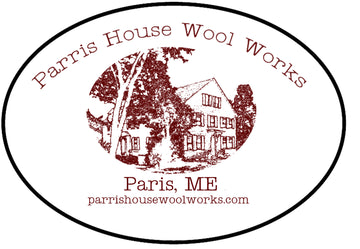Maine Lake Culture: An Introduction by Beth
Welcome to Sunset Haven...
Clockwise: Lake side of camp with "sunset viewing deck," our long driveway in fall, driveway "welcome!" side of camp, our big tree thermometer to keep us apprised of the Maine weather.
Left to right: We keep oil lamps in the camp, we only have vintage rotary phones, our antique lantern (electrified now) above the kitchen table, some found and meaningful objects, including a beeswax candle from my grandparents' camp.
We still read books, do puzzles, and play board games at Sunset Haven.
Sunset Haven's interior is vintage. Someone long ago did a paint-by-number we've never had the heart to take down.
Breakfast on the deck is a treat. If it's too cold it's better to cozy up in by the kitchen window.
Come on down to the water...sit a while on the dock or around the fire pit.
Maybe even get your toes in the water...or in the soft pine needles...
 |
| Add caption |
Every Maine camp should have a boat house. This is ours. And we're real serious about that "No Smoking" thing even though the sign was already there when we arrived.
- Parris House Wool Works










Comments 1
Michael McGrane
Love the photos. When I was a kid we used to go and visit my Grandmother’s sister ( Elizabeth Mason Strouse ) on Little Sebago Lake. The picture with the flag and dock could have been taken in her yard going down to the dock. I haven’t had the chance to go back for almost fifty years. I can still remember the feeling of the lake lapping at my feet sitting on the rock wall next to the dock. Or, how big of an accomplishment it was to go out to the raft and the really cool kids would try to dive to the bottom. I can still picture the lake as we came down the hill on a sunny day. I’m 57 now but treasure the memories of Little Sebago lake when I was a kid . For a kid that grew up on a horse farm outside Philadelphia this was a whole different world ( live lobsters, boats ,watching storms over the lake ). I think we were on Policeman’s cove and came down Campbell Rd. ( might not be the whole name of the road ). My Grandmother ( Dorothy Mason Derr ) grew up in Warehouse Point , Connecticut .